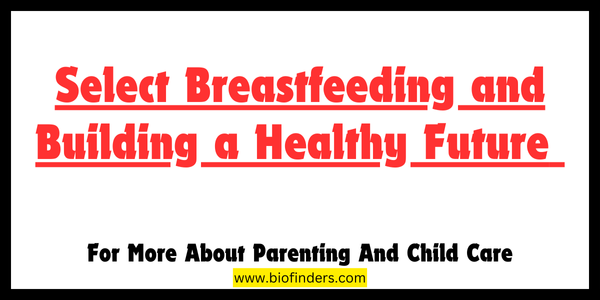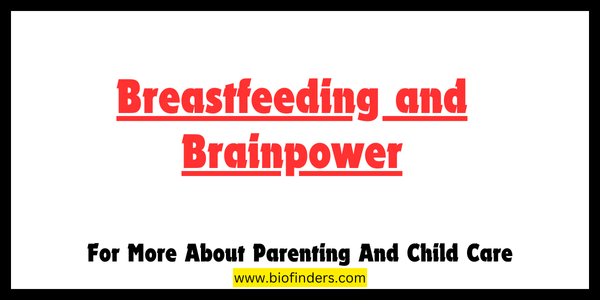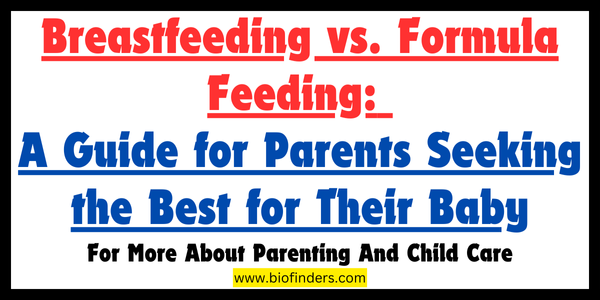As parents, we all want to nurture our little ones and set them on the path to a healthy life. Breastfeeding is a natural way to provide essential nutrients for your baby’s growth and development. But did you know it might also play a role in reducing the risk of childhood obesity? Let’s delve into the fascinating connection between feeding and healthy weight gain in infants.
Understanding Childhood Obesity and its Impact
Childhood obesity is a growing concern worldwide. It’s defined as having a body mass index (BMI) exceeding the 95th percentile for a child’s age and sex. Obese children are more prone to developing health problems like type 2 diabetes, heart disease, and even certain cancers later in life.
Breastfeeding and Reduced Risk of Childhood Obesity
Several studies suggest a link between breastfeeding and a lower risk of childhood obesity. Here’s how it might contribute:
- Hormonal Regulation: Breast milk helps regulate hormones that influence hunger and satiety (feeling full) in babies. Breastfed babies may develop better self-regulation of their calorie intake, reducing the risk of overeating later.
- Nutrient Composition: Breast milk is perfectly tailored to an infant’s needs. It contains essential nutrients but is lower in calories and protein compared to formula. This can promote healthy weight gain and discourage overconsumption.
- Gut Microbiome Development: Breast milk helps establish a healthy gut microbiome in babies. This microbiome plays a crucial role in metabolism and may influence weight regulation throughout life.
Benefits of Breastfeeding for Healthy Weight Gain in Infants
Breastfeeding goes beyond just reducing the risk of obesity. It actively supports healthy weight gain in infants by:
- On-Demand Feeding: Breastfeeding allows babies to regulate their intake based on hunger cues. They stop feeding when full, preventing overconsumption.
- Nutrient Absorption: Breastfed babies tend to absorb nutrients from breast milk more efficiently compared to formula-fed babies. This helps them gain weight on a healthy trajectory.
- Building Immunity: Breast milk is a powerhouse of immunoglobulins, which protect babies from infections. By reducing illnesses, breastfeeding allows for consistent growth and healthy weight gain.
Breastfeeding Duration and Its Impact
The duration of breastfeeding seems to play a role too. Studies suggest that babies breastfed exclusively for at least six months have a lower risk of childhood obesity compared to those breastfed for shorter periods or not at all.
Additional Factors for Healthy Weight Gain
While breastfeeding offers many benefits, it’s important to remember that it’s just one piece of the puzzle. Here are some additional factors to consider for promoting healthy weight gain in your infant:
- Balanced Diet: After six months, introduce solid foods alongside breastfeeding. Focus on a variety of fruits, vegetables, and whole grains while limiting processed foods and sugary drinks.
- Responsive Feeding: Pay attention to your baby’s hunger cues and offer food when they seem interested. Avoid forcing them to finish a plate or pressuring them to eat when they’re not ready.
- Physical Activity: Encourage tummy time and active play for infants. As they grow older, promote age-appropriate physical activities.
Addressing Concerns and Seeking Support
Breastfeeding isn’t always an easy journey. If you’re facing challenges or have concerns about your baby’s weight gain, don’t hesitate to seek support. Here are some resources:
- Lactation Consultant: A lactation consultant can provide guidance on latching techniques, overcoming breastfeeding difficulties, and addressing supply concerns.
- Pediatrician: Your pediatrician can monitor your baby’s growth and development and offer personalized advice based on their needs.
- Support Groups: Connecting with other breastfeeding parents can be a great source of encouragement and information.
Additional Tips:
- Talk to your doctor: Discuss your breastfeeding goals and any concerns with your doctor or pediatrician before your baby arrives. They can offer valuable advice and connect you with resources.
- Be patient: Establishing a breastfeeding routine takes time. Don’t get discouraged if it doesn’t happen overnight. Be patient with yourself and your baby.
- Enjoy the process: Breastfeeding is a special time to bond with your baby. Savor the cuddles and closeness that come with this unique experience.
By making informed choices and prioritizing a healthy lifestyle, you can empower your child to thrive and embrace a life filled with wellness.






Leave a Reply